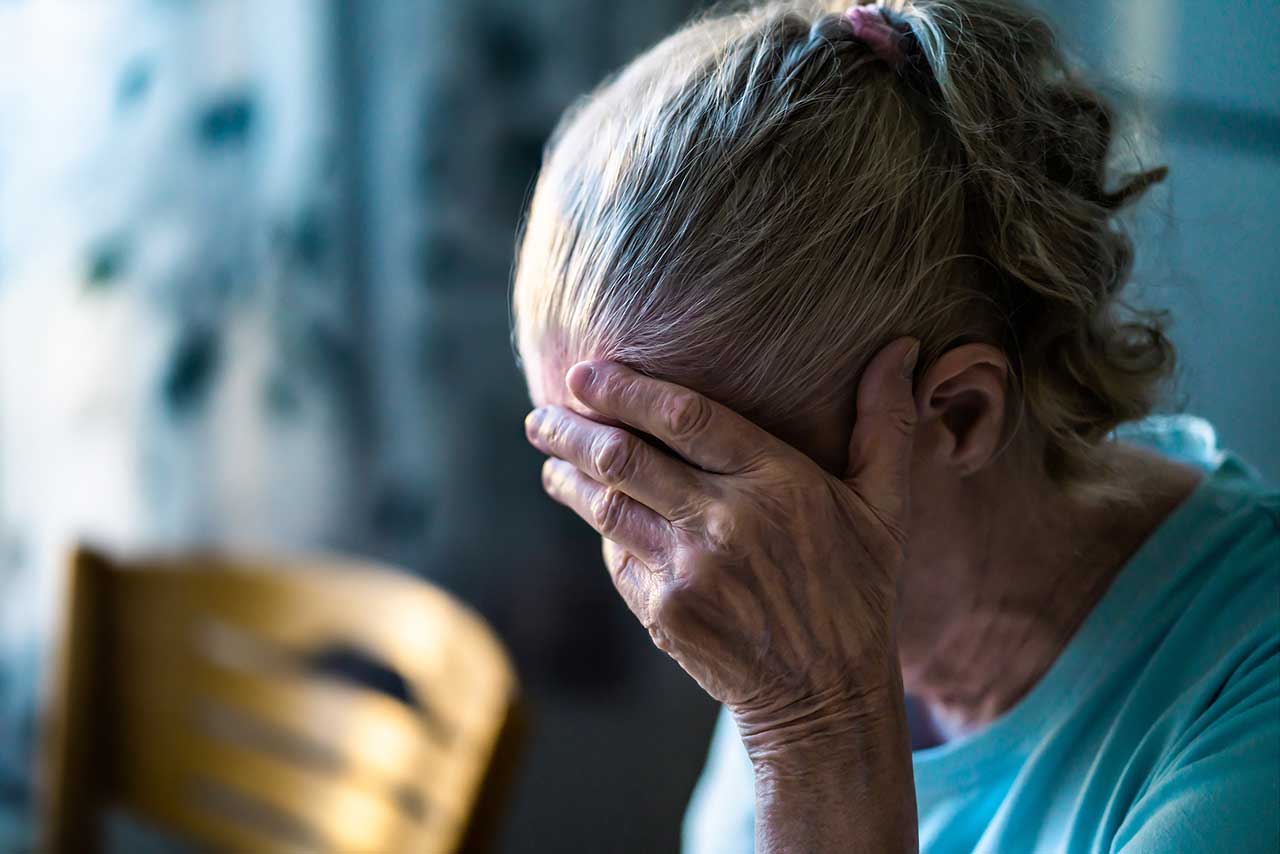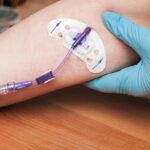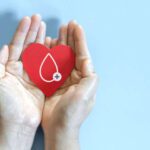
Cancer is an overwhelming chronic disease, and patients suffering from it naturally go through several emotional disturbances throughout the course of the disease. Cancer can have an emotional impact in addition to its physical effects on a patient. After receiving a cancer diagnosis, people may experience tremendous emotions that they are not accustomed to.
Get Chemotherapy Copay Assistance
It is typical during various stages of cancer to experience anguish, fear, sadness, depression, and anxiety. Depending on an individual’s health, emotional problems may manifest differently.
This article will cover the emotional states that cancer patients experience and how they might deal with them at various stages of the disease.
The Emotional Stages Of Cancer Patients
Cancer patients go through many different emotional stages. The emotional stages of cancer patients resemble the stages of grief. However, a patient may not necessarily go through the stages in the same order. The emotional stages may differ for each person and may show in different ways.
Stage 1: Denial
Cancer typically develops suddenly, and most people are not mentally equipped to handle this challenging condition. In addition, most patients believe their condition is caused by chronic pain, the flu, or an infection before getting a proper diagnosis. Because of this, it can be difficult to accept a cancer diagnosis, and many people experience shock or denial. They may conclude that this diagnosis might have been a mistake or that they somehow received an inaccurate diagnosis.
Denial is not a solution after a cancer diagnosis. In the short term, it may be comforting to be in denial; however, this can lead to depression. Regardless of whether a patient accepts or rejects the situation, the truth will not change.
You will become stronger as a result of accepting the condition and making the decision to combat it no matter how challenging the situation becomes. When battling any illness or condition, a person’s attitude and willpower can be very important.
Stage 2: Anger
The second emotional stage of cancer can be anger and frustration, which makes people think, “Why Me?”
Anger and frustration after a cancer diagnosis are normal. Other emotions like panic, fear, helplessness, and anxiety can also be present. The best way to deal with this stage is to talk to your loved ones or friends and distract your mind from the scenario you’re in by doing something you love, like watching your favorite show or painting. It can also be helpful to think about goals that you will achieve or things you will do after you recover.
Stage 3: Bargaining
In the “if only” thoughts that characterize the bargaining stage, patients attempt to imagine that the circumstances might have been otherwise. Such ideas include, “If only I had been diagnosed earlier or taken my health seriously, I wouldn’t have had to go through arduous treatment procedures,” or “If the disease hadn’t happened, I would have been doing this right now,” and other examples. Bargaining is also reframing the way you think to help you believe that you will get through the situation.
When ”if only” thoughts come into your mind, just think that what has happened cannot be changed and things were meant to be this way for a reason. So why distress yourself on something that can’t be changed? Instead, you can think, “If only I stay strong, I can fight this disease.”
Consult a Chemotherapy Specialist
Stage 4: Sadness And Depression
Sadness and depression in cancer are common. Some ways to deal with them are talking with a counselor or someone who is a good listener. You can also listen to your favorite music or engage in knitting or crocheting to distract your mind and maintain cognitive functions. If depression persists for 2 weeks or more, taking medications and consulting a counselor may be required.
Stage 5: Acceptance

There are two types of acceptance, negative and positive. Negative acceptance is accepting your disease by surrendering to it and contemplating that you will die. In this case, depression is most likely to occur in patients. On the other hand, positive acceptance is when you accept that you have been diagnosed with cancer and put your energy into fighting it and staying positive. Having a positive outlook can increase the chances of survival.
How To Overcome Cancer Anxiety
A cancer diagnosis can be an overwhelming experience affecting patients and families. However, there are a plethora of ways to help patients cope with anxiety. The following are non-pharmacological techniques to help overcome cancer anxiety:
- Cognitive behavioral therapy (CBT)
- Self-management exercises
- Relaxation techniques, such as deep breathing, relaxing massage, mindfulness, physical activity, or spending time with nature
- Sharing your feelings with your loved ones instead of suppressing them or keeping them to yourself
- Counseling
- Interpersonal therapy
Contact Us
By submitting, you agree to AmeriPharma’s Terms of Use, Privacy Policy, and Notice of Privacy Practice.
REFERENCES:
- https://www.google.com/amp/s/health.choc.org/dealing-with-a-cancer-diagnosis/
- https://www.webmd.com/anxiety-panic/anxiety-in-cancer-patients#:~:text=Patients%20may%20benefit%20from%20other,stress%20management).
This information is not a substitute for medical advice or treatment. Talk to your doctor or healthcare provider about your medical condition prior to starting any new treatment. AmeriPharma Specialty Care assumes no liability whatsoever for the information provided or for any diagnosis or treatment made as a result, nor is it responsible for the reliability of the content.
AmeriPharma Specialty Care does not operate all the websites/organizations listed here, nor is it responsible for the availability or reliability of their content. These listings do not imply or constitute an endorsement, sponsorship, or recommendation by AmeriPharma Specialty Care.
This webpage may contain references to brand-name prescription drugs that are trademarks or registered trademarks of pharmaceutical manufacturers not affiliated with AmeriPharma Specialty Care.

Dr. Martina Mikail, PharmD was born in Egypt and raised in Pennsylvania and California. She graduated from Marshall B. Ketchum University in May 2022. Dr. Mikail is a recipent of the USPS Leadership Award and the CSHP Leadership Award, and is an active member of CSHP, ASHP, and APhA. The most rewarding part of her job is educating patients and counseling them on medications. In her free time, she likes to cook, spend time with family, and read.



